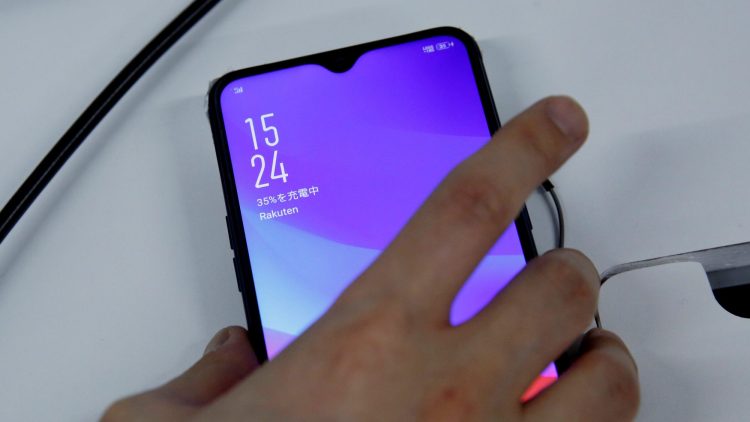(Reuters) — Japan’s telcos were formally allocated 5G spectrum by regulators on Wednesday, a major milestone ahead of the launch of high-speed wireless services next spring.
The three big carriers — NTT Docomo, KDDI and SoftBank — along with new entrant Rakuten, received spectrum from the telecoms ministry.
The technology, which can provide data speeds at least 20 times faster than 4G, is seen as essential for emerging technologies from self-driving cars and smart cities to augmented reality and artificial intelligence.
Japan is lagging other countries such as South Korea and the United States that have already begun rolling out 5G services.
June 5th: The AI Audit in NYC
Join us next week in NYC to engage with top executive leaders, delving into strategies for auditing AI models to ensure fairness, optimal performance, and ethical compliance across diverse organizations. Secure your attendance for this exclusive invite-only event.
One of the conditions from the telecoms ministry was to “take sufficient cybersecurity measures including responding to supply chain risk.”
The condition effectively prevents the telecom providers from using network equipment from China’s Huawei and ZTE, and follows a de facto ban implemented last year on Japanese government purchases from the manufacturers.
Huawei and ZTE are under intense scrutiny from Washington over their ties to the Chinese government, driven by concerns they could be used by Beijing for spying.
The four Japanese telcos will cumulatively spend just under 1.7 trillion yen ($15.29 billion) over five years building their networks. That is seen as a conservative estimate likely to rise over time.
The financial burden on the telcos comes as they face government pressure to lower carrier fees, with the start of 4G services by Rakuten in October expected to increase price competition.

